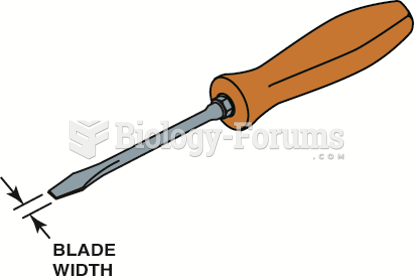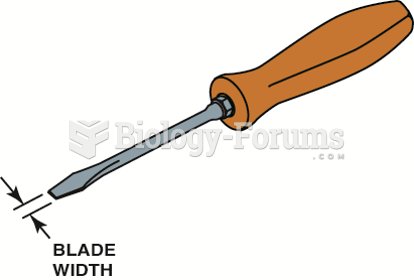|
|
|
Vaccines prevent between 2.5 and 4 million deaths every year.
Liver spots have nothing whatsoever to do with the liver. They are a type of freckles commonly seen in older adults who have been out in the sun without sufficient sunscreen.
There are actually 60 minerals, 16 vitamins, 12 essential amino acids, and three essential fatty acids that your body needs every day.
Serum cholesterol testing in adults is recommended every 1 to 5 years. People with diabetes and a family history of high cholesterol should be tested even more frequently.
The Centers for Disease Control and Prevention has released reports detailing the deaths of infants (younger than 1 year of age) who died after being given cold and cough medications. This underscores the importance of educating parents that children younger than 2 years of age should never be given over-the-counter cold and cough medications without consulting their physicians.
 It is in the family that we first learn how to do gender, how to match our ideas, attitudes, and ...
It is in the family that we first learn how to do gender, how to match our ideas, attitudes, and ...
 Letterhead stationery sizes are varied to suit the needs of the sender. Envelopes are sized to match ...
Letterhead stationery sizes are varied to suit the needs of the sender. Envelopes are sized to match ...
 A flat-tip (straight-blade) screwdriver. The width of the blade should match the width of the slot ...
A flat-tip (straight-blade) screwdriver. The width of the blade should match the width of the slot ...




